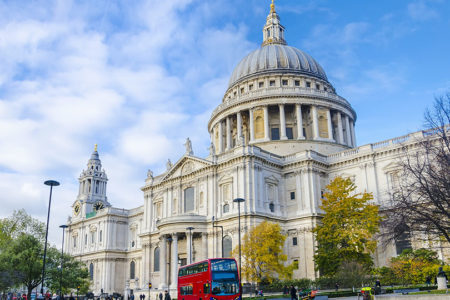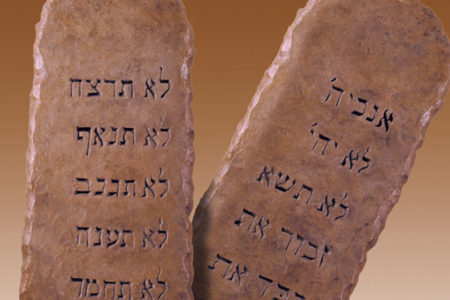Closing the Book On Arafat
At long last the book has been closed on the life and times of notorious terrorist king-pin Yasser Arafat. In the years ahead historians will mull over the impact and legacy of the life of the perpetual survivor and killer of thousands of innocent people—the man who is rightly called the father of modern terrorism.
Boston Globe columnist Jeff Jacoby expressed dismay at the unwarranted fawning over Arafat by some in the West.
Praising the leader of the Palestine Liberation Organization and Palestinian Authority was “a grotesque idea,” he wrote. Praise a man “who sent his agents to slaughter athletes at the Olympics, blow airliners out of the sky, bomb schools and pizzerias, machine-gun passengers in airline terminals? Who lied, cheated, and stole without compunction? Who inculcated the vilest culture of Jew-hating since the Third Reich? Human beings might stoop to bless such a creature so evil…but God, I am quite sure, will damn him for eternity.”
And what can be said of his legacy? For Israelis it is the somber memory of terror and the deaths of thousands of their people. A recent poll shows that nearly 25 percent of Israel’s Jewish population has suffered the terror-related loss of a friend or relative since the second intifada began in 2000. That’s well over 1,000 dead and thousands more injured.
Then there is the daunting matter of rehabilitating a generation of young Palestinians scarred for life after being brainwashed in Arafat’s schools to believe that life’s highest calling is to die a martyr (shahid) for Allah. Arafat’s tomb in Ramallah should not be a shrine beckoning adoring pilgrims; it should be a monument to what not to become.







